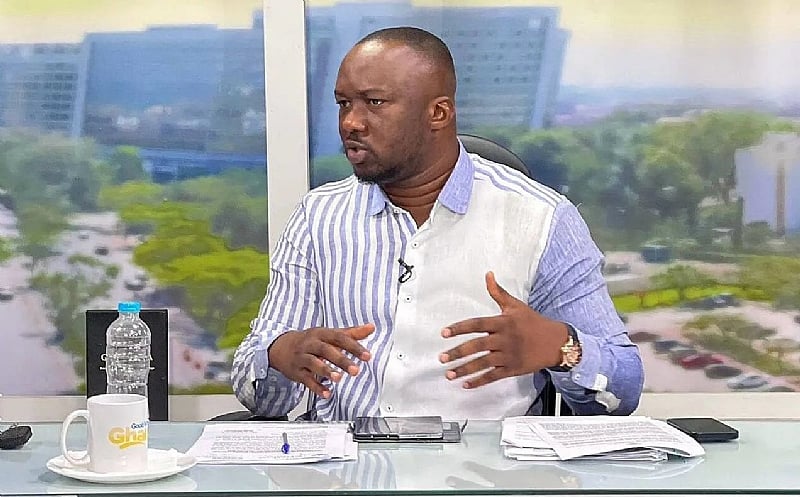The Youth Employment Agency (YEA) finds itself at the center of a heated debate surrounding the compensation provided to sanitation workers contracted through a partnership with waste management giant, Zoomlion Ghana Limited. Investigative journalist, Manasseh Azure Awuni, ignited the controversy by publicly urging the government to terminate its contract with Zoomlion, characterizing any official who renews the agreement as either “a thief or a fool.” This pointed critique stems from the substantial disparity between the allocated funds per worker and the actual amount received by the sweepers themselves. The contract stipulates a total of GHS850 per worker, yet the sweepers receive a meager GHS250, with the remaining GHS600 retained by Zoomlion for operational and administrative expenses. Awuni’s condemnation of this arrangement as exploitative has resonated with many, prompting a strong response from the YEA.
Malik Basintale, the Acting Chief Executive Officer of YEA, directly addressed the concerns raised by Awuni, unequivocally vowing not to renew the contract with Zoomlion in its current form. Basintale’s emphatic rejection of the existing terms underscores the government’s commitment to improving the welfare of workers and ensuring fair compensation for their labor. He expressed profound disapproval of the previous government’s agreement to such unfavorable terms, characterizing it as “evil” and pledging to rectify the situation. Emphasizing his personal conviction, Basintale pledged on his late father’s grave to prevent the perpetuation of this perceived injustice. He further personalized the issue by stating that he would be unhappy if any of his own relatives were subjected to such low wages, highlighting the need for empathy and equitable treatment of all workers.
Zoomlion, however, defends the GHS258 monthly allowance paid to the sweepers, asserting that the amount is commensurate with the part-time nature of the work. Dr. Joseph Siaw Agyepong, Chairman of the Jospong Group, of which Zoomlion is a subsidiary, clarified before Parliament’s Select Committee on Sanitation and Water Resources that the GHS258 is not a salary but rather a stipend for part-time work, typically lasting three to four hours per day. This explanation attempts to justify the lower payment by framing the sweepers’ roles as less demanding than full-time positions. This rationale, however, fails to address the significant gap between the total allocated funds and the amount received by the workers, leaving questions regarding the allocation and utilization of the remaining GHS600.
The crux of the controversy lies in the interpretation of fair compensation for the sweepers’ services. While Zoomlion emphasizes the part-time nature of the work, critics argue that the GHS258 stipend is insufficient and that the company retains an excessive portion of the allocated funds. This disparity raises concerns about potential exploitation and the need for greater transparency in the allocation and management of these public funds. The YEA’s commitment to renegotiating the contract terms signals a potential turning point in the debate, offering hope for a more equitable arrangement that adequately compensates the sanitation workers for their essential contributions to public health and hygiene.
The public outcry spurred by Awuni’s investigation has brought the issue of sanitation worker compensation into the spotlight, forcing a public reckoning with the fairness and ethical implications of the existing contract between YEA and Zoomlion. The controversy extends beyond the immediate financial implications for the workers, touching upon broader themes of social justice, corporate responsibility, and government accountability in ensuring the well-being of its citizens. The ongoing debate highlights the need for a comprehensive review of the contract terms and a more transparent system for managing public funds allocated to such programs.
The future of the YEA-Zoomlion partnership hinges on the ability of the parties involved to reach a mutually acceptable agreement that addresses the concerns raised by critics and ensures a fair and sustainable model for sanitation services. The YEA’s commitment to renegotiating the contract represents a positive step towards achieving this goal. However, the outcome will ultimately depend on the willingness of all stakeholders to prioritize the welfare of the sanitation workers and establish a system that values their contributions and provides them with dignified and equitable compensation. The resolution of this issue will serve as a crucial test of the government’s commitment to social justice and its ability to effectively manage public resources for the benefit of all citizens.














